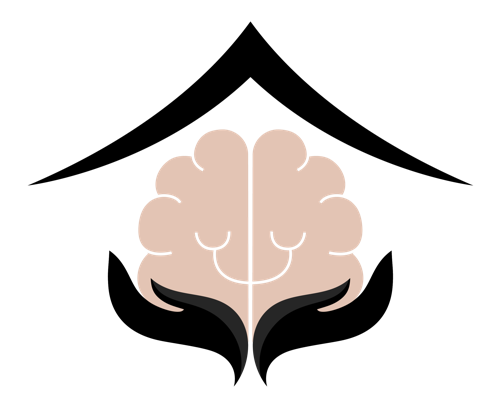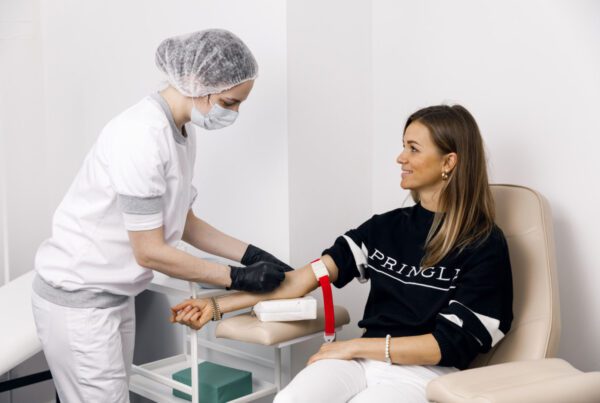In recent years, the use of ketamine for the treatment of depression and anxiety has increased significantly. Sublingual at-home ketamine is an effective and safe option that offers many advantages over traditional treatments.
Research has shown that sublingual at-home ketamine is as effective as standard IV administration in treating depression and anxiety. However, there are several key advantages to using this method of delivery. First, it’s noninvasive and involves no needles or invasive procedures. This provides excellent relief for those with a fear or phobia of needles and can make the process easier to tolerate.
Second, sublingual at-home ketamine is much more convenient than going to the hospital or clinic for IV administration. With this option, you can take the medication wherever you feel comfortable and in whatever time frame works best for you; there’s no need to make an appointment or find transportation to a clinic.
Third, it’s a much safer option than other methods of delivery as it does not require monitoring by medical professionals to ensure proper dosage and safe infusion rate. Finally, taking ketamine under the tongue produces faster absorption into the bloodstream, resulting in quicker symptom relief compared with IV administration.
Sublingual at-home ketamine is a proven effective and safe treatment option for those suffering from depression and anxiety who want quick relief without having to go through potentially stressful experiences such as needles or long wait times in clinics or hospitals. It’s important that those considering this form of treatment first consult their mental health provider, who will be able to advise them on the best course of action based on their condition and health history.




